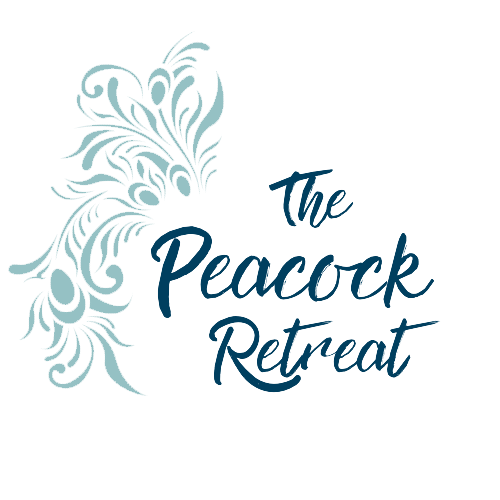Busting sleep myths for World Sleep Day
Friday 15th March saw us celebrate World Sleep Day. With as many as one in three adults in the UK experiencing poor sleep at least twice a week and one in ten suffering with chronic insomnia* (poor sleep that has lasted at least three months), millions of us are scouring the internet for ways to sleep better every night. There is a lot of information out there but what is actually true and what is just a sleep myth?
Here are five things about sleep that you may have understood to be true but are actually myth.
1. Your body adapts to less sleep over time
This is something we hear a lot, especially as new parents or if we’ve experienced insomnia for a prolonged period of time. Both short and long term sleep deprivation have been shown to have negative effects on your brain and body. It is true to say that the daytime drowsiness you may feel after just a few days of poor sleep will likely fade in the long run, but this is not a sign that your body is adjusting to the lack of rest or functioning optimally. Everyday functions such as decision-making, memory, focus and creativity will be significantly diminished over time. Persistent sleep deprivation also takes a toll on your body physically including hormone production, metabolism, immune system and cardio-vascular health.
2. How long you sleep is all that matters
False. Eight hours of fragmented sleep is much less beneficial than six hours of continuous sleep. The quality of our sleep is key. Our sleep naturally moves through a cycle of light sleep, active REM sleep and deep sleep phases and when sleep is disrupted we spend much less time in the most restorative ‘deep sleep’ phase. It is in this phase that our body repairs cells, regulates glucose production (especially important if you have type 2 diabetes), resets the nervous system, processes events from the day and replenishes energy levels.
3. Men and women are equally likely to experience insomnia
Sorry ladies, but the risk of life-time insomnia could be as much as 40% higher for women**. Research has shown that women of all ages are more likely to experience poor sleep. It is not totally clear why this is exactly but hormonal fluctuations, higher stress levels and an elevated risk of sleep disorders could all be to blame. Traditionally women have taken on the greatest share of the responsibility for nocturnal childcare which may have also led to a belief amongst women that disrupted sleep is something to just grin and bear rather than seeking support. That is not to say that sleep deprivation does not take a huge toll on men who experience insomnia too.
4. You can catch up on missed sleep at the weekend.
A weekend lie in may seem very appealing if you are experiencing poor sleep during the week and indeed, you may feel more refreshed in the short term. However, this variation in sleep-wake cycle will ultimately lead to further disruption in the nights that follow. Your brain is like an unruly child and it needs rules and boundaries to keep it on the straight and narrow. Going to bed and waking up at the same time every day, even at weekends, will provide these and your brain will soon learn, with a little reinforcement, when it should be awake and more importantly when it should shut off and sleep. Some flexibility can be brought into this routine once a strong sleep schedule has been created and maintained over a few months, but I can’t stress enough the importance of sticking to the sleep-wake rules if you want to kick insomnia to the kerb permanently.
5. A glass of wine before bed will help you to relax and sleep better
Unfortunately not true! Although a glass or two of alcohol may initially help you to relax and drift off, it can ultimately lead to night time awakenings, sleep disruption and poor quality sleep. It can also worsen snoring and sleep apnea. Each person’s sensitivity to alcohol, and indeed caffeine, is different and therefore, so are their effects on sleep. It is recommended to eliminate alcohol before bed if you are struggling to sleep. Experiment with how long before bed it is best to refrain in your individual case by keeping a note of what and how much you have drunk and how you slept that night to identify any patterns.
Do you want some true advice?
Sleep deprivation has short and long term consequences for physical and emotional health and it’s really important that if you have experienced disrupted sleep for at least three months you consult your GP to rule out any potential sleep disorder.
If it turns out that you just need some support to re-train your body and brain on how to sleep well then I can help. I offer 1-2-1 coaching or a more affordable group 6-week programme. There is no need to continue to suffer in silence.
* Source1
** Source 2

